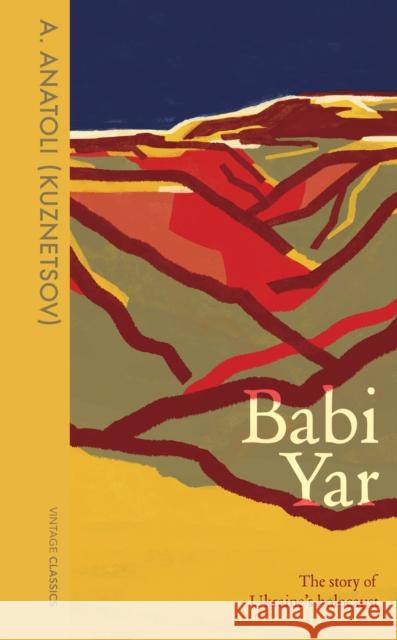Babi Yar: The Story of Ukraine's Holocaust » książka
topmenu
Babi Yar: The Story of Ukraine's Holocaust
ISBN-13: 9781784878399 / Angielski / Twarda / 2023 / 480 str.
Babi Yar: The Story of Ukraine's Holocaust
ISBN-13: 9781784878399 / Angielski / Twarda / 2023 / 480 str.
cena 118,11 zł
(netto: 112,49 VAT: 5%)
Najniższa cena z 30 dni: 102,06 zł
(netto: 112,49 VAT: 5%)
Najniższa cena z 30 dni: 102,06 zł
Termin realizacji zamówienia:
ok. 10-14 dni roboczych.
ok. 10-14 dni roboczych.
Darmowa dostawa!
Kategorie:
Wydawca:
Vintage Publishing
Język:
Angielski
ISBN-13:
9781784878399
Rok wydania:
2023
Ilość stron:
480
Wymiary:
22.2 x 13.8
Oprawa:
Twarda











